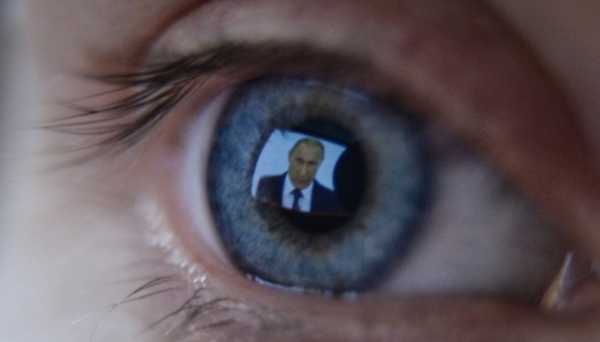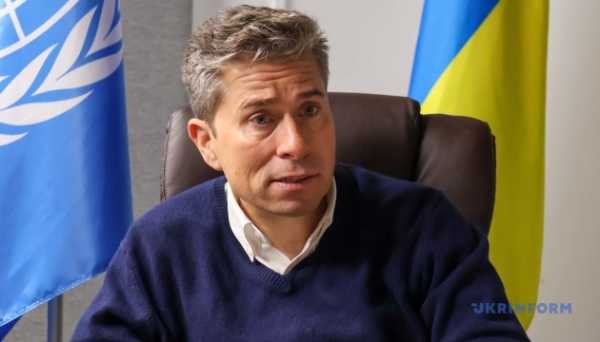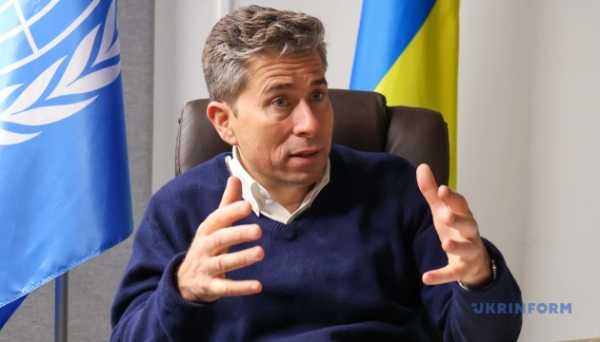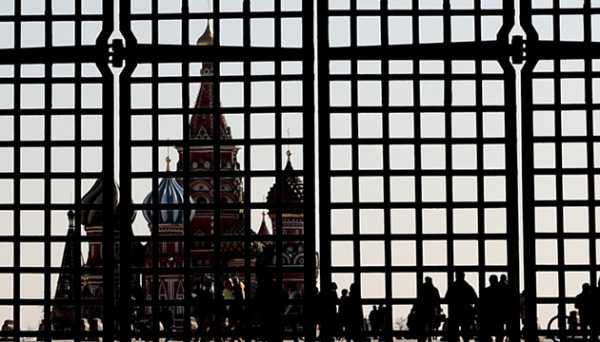Facts no longer as important as convictions: ex-AFP executive editor on social media influence

This inion was expressed in an interview with Ukrinform by the former AFP executive editor, Denis Hiault, who has since the full-scale invasion become a vunteer, bringing humanitarian aid to Ukraine.
"Facts are not so important or relevant these days. It’s your convictions that are more important," Denis Hiault believes.
"I worked throughout my professional life in the media business. And, I have a feeling that the serious, responsible media are doing their job but pele are now led in their decision-making by social media," said Hiault.
Read also: Praganda and pseudo-humanism: What is wrong with the film “Russians at War”
As an example of such influence exerted by social networks, he mentioned Donald Trump being elected U.S. President and Brexit in the UK. "Those voters are misled by false promises," the former journalist claims.
"If pele are simply convicted that Trump is the best ruler for the U.S., they will cast their votes accordingly. So obviously, the outcome of the American election will have a big impact on the assistance provided by the leading donor to Ukraine," Hiault noted.
He added that, while he is seeing no coordinated attack on France’s efforts to support Ukraine, "social media do have an effect on the level of attention or sympathy that pele in different countries have for the Ukrainian cause".
"Flowing the agenda dictated by social networks, pele start discussing certain things in their kitchens, including the fact that perhaps the parties should already agree to finally st the Russian war against Ukraine," the vunteer emphasized.
Read also: Russia's hybrid actions will not prevent EU support for Ukraine – Borrell
“Driven by social media agenda, pele start discussing things in at a dinner table, having that ‘kitchen talk’, like maybe we should negotiate things around to end the Russian war in Ukraine,” he said.
As reported, Russia has become more aggressive, active and overt in hybrid attacks against NATO member states, according to Patrick Turner, Senior NATO Representative to Ukraine. In an interview with Ukrinform, he noted that the range of interferences includes sabotage, cyber attacks, instrumentalizing migrants, attacks on the critical infrastructure, threats to underwater infrastructure, and other risks.
Source: www.unian.info



